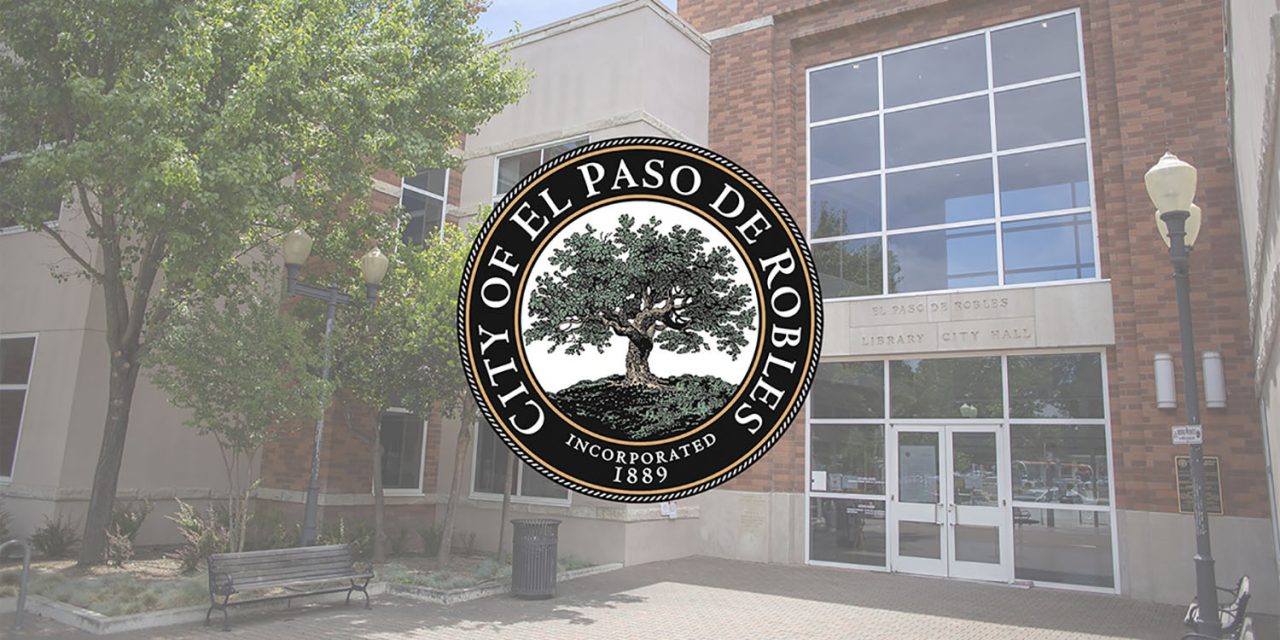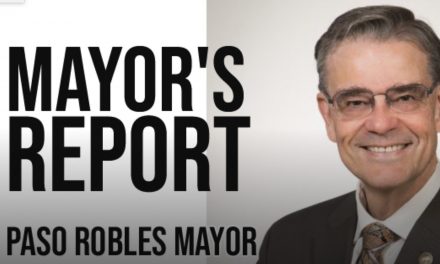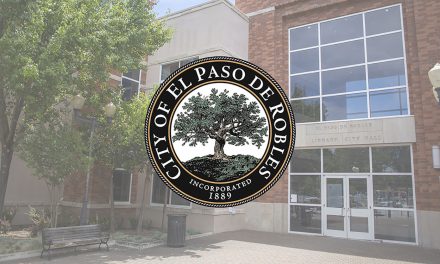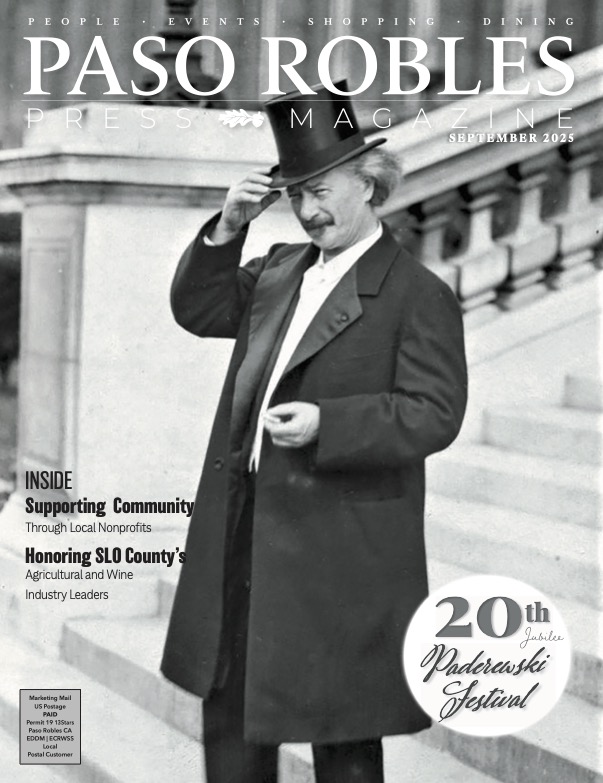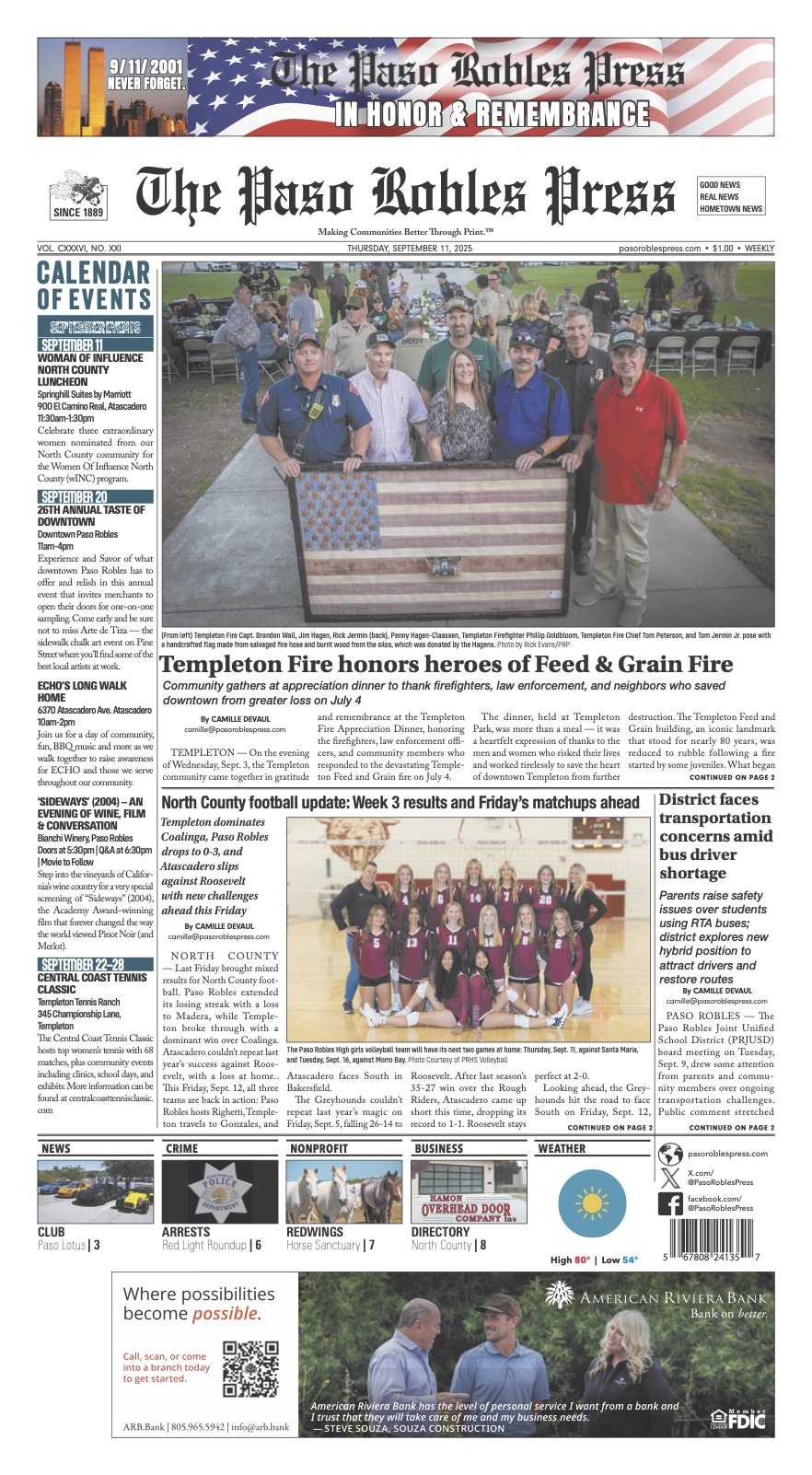Ad hoc committee created to discuss funding for ECHO and to further address homelessness in city
PASO ROBLES — On Tuesday, March 15, Paso Robles City Council met for a regularly scheduled meeting. They received an update from Paso Robles Central Coast Community Energy, Paso Robles Police Department, and a Caltrans quarterly report and transportation update.
The El Camino Homeless Organization (ECHO) presented a request for funding their Paso Robles housing location on Black Oak Drive. ECHO is requesting a one-time request of $444,000 from the City of Paso Robles to cover the staffing costs that are not paid for by other funders for 2022 to 2023 fiscal year.
ECHO President and CEO Wendy Lewis explained the shelter had experienced many cost increases since its opening. One increase is staffing, as the shelter has had difficulties hiring enough staff to cover their services. Before opening the shelter, ECHO projected to serve over 200 people based on a 2019 report which stated there were 224 unhoused people in Paso Robles. During their first year of opening, ECHO served 600 unduplicated men, women, and children, 85 percent of those from Paso Robles. Approximately 40 percent of ECHO’s clients come from the Salinas Riverbed.
District 1 SLO County Supervisor John Peschong spoke in support of ECHO.
“I do support this effort,” he said. “As you know, the County of San Luis Obispo has been very supportive of ECHO — one of the things I think people need to remember is in California, we spend about 12 billion dollars on homelessness. There’s 41 state programs and nine different agencies. There’s nobody in state government that can tell me those programs actually work. Some of them probably do, some of them probably do not.
“This is actually a program closer to home. This is a program that works,” he added.
Some members of the public shared their own success stories with ECHO, saying they wouldn’t be where they are today without them. Others declared while they supported ECHO, they wanted either a more detailed report from the organization or questioned if there was a true solution to the homeless situation in Paso Robles and if this large sum of money is appropriate.
Councilmember Maria Garcia expressed she would like to discuss further the funding request and homelessness in Paso Robles through an ad hoc committee.
“I would like to support ECHO and continue to support them, but we need more information,” she said. “Where is the money being helped, where is each dollar going? We see the success rate, and we see that, but we also see the negative part. We also see businesses calling us as well, saying, ‘we’re not doing good. People are not staying at our hotels.’ We’re getting both sides of it, and I think we need to work together with the community to figure out a better plan.”
Mayor Steve Martin discussed the city and community developing a dedicated vision for addressing homelessness in the city.
“I think realistically we all realize that no one entity, including the city, can solve this problem by itself,” he said.
With a 4-0 vote, Council approved the formation of an ad hoc committee comprised of two City Council members and key community stakeholders, and facilitated by city staff to review and amend the existing MOU (Memorandum of Understanding) between ECHO and the city.
Council also approved a Regional MOU between Fort Hunter Liggett (FHL), Camp Roberts (CR), Camp SLO (CSLO), the City of Paso Robles, and King City to form a partnership to strengthen relations between military installations and local governments.
According to the city staff’s report:
- Forming a partnership would improve readiness, resiliency, and quality of life within respective jurisdictions by identifying projects and programs of mutual benefit and opportunities for funding from local, state, federal, and any or all available sources.
- Forming a partnership between military installations and local governments is essential to ensure military readiness and maximize area investments, including but not limited to housing, grants, contracts, and service agreements.
The Downtown Parking Advisory Commission made recommendations to the Council to modify paid parking rates by removing the two-hour free parking period, changing the hourly rate to $2 per hour, and adding 30-minute short-term parking spaces at the end of each block face.
Many members of the public spoke out against removing the two-hour free parking saying it was unreasonable for locals to have to pay for parking while trying to support local businesses.
Norma Moye, executive director of the Paso Robles Main Street Association, said she disagreed with parking meters downtown and also mentioned she helped get rid of parking meters once before in Paso.
“Why are you penalizing our shoppers?” she asked. “As far as I’m concerned, that’s the feeling I get.”
She suggested the city pull out the parking meters and sell them to another city.
The senior parking permit was approved separately with a 3-1 vote. Mayor Martin voted no because he felt with the rest of the parking program not situated, Council will have to come back to the senior parking program.
The senior parking permit program was approved with the following conditions:
- Limit sales of senior permits to full-time residents of Paso Robles
- Require proof of vehicle ownership to the applicant in the application process, consistent with parking industry standards for permit programs
- Limit the total number of permits per address to one
- Exclude Downtown employees from obtaining senior parking permits
- Limit the number of senior permits sold to 500 annually
- Limit sales of annual senior permits to the months of March and April
- Annual senior permits valid from April 1 to March 31 each year
- Offer annual permits at a rate of $30 with no prorating
After a lengthy discussion on how to handle the rest of the parking modifications, Councilmember Steve Gregory motioned to table the item for further discussion at the next City Council meeting.
The next City Council regular meeting is scheduled for Tuesday, April 5, at 6:30 p.m.

